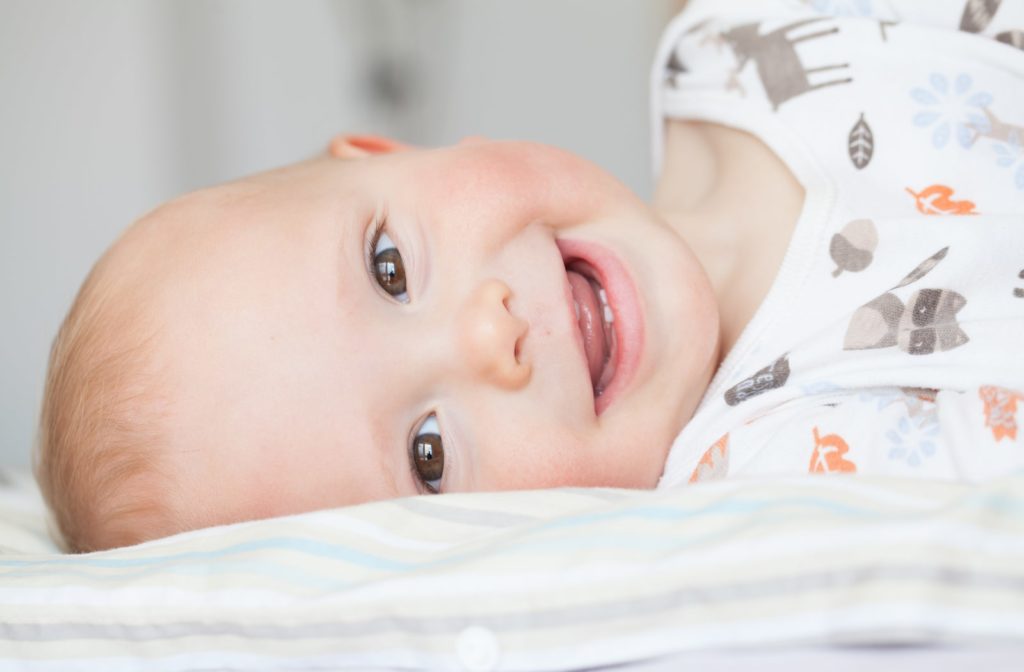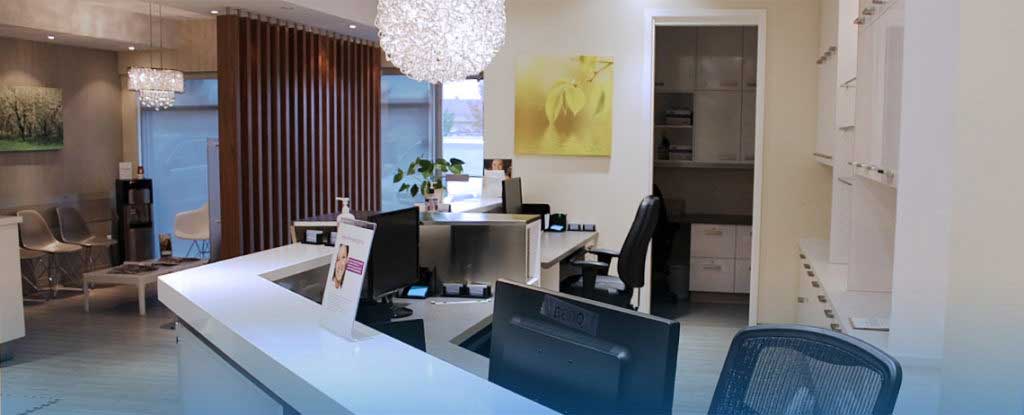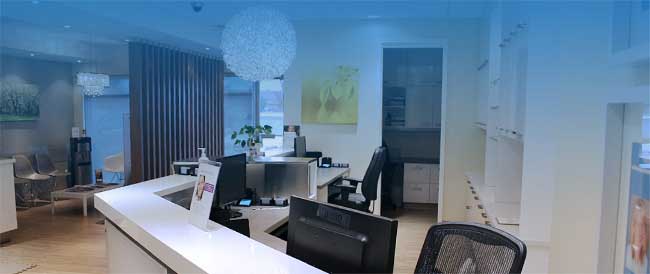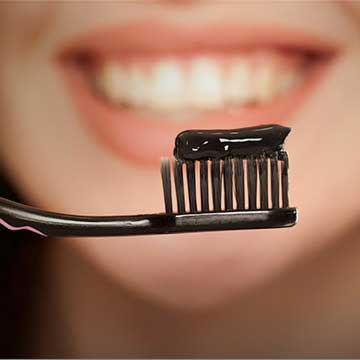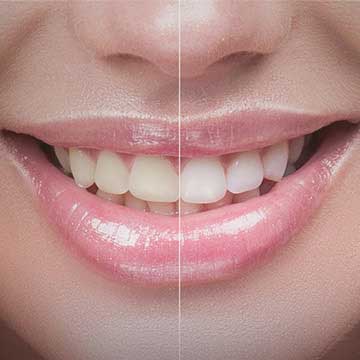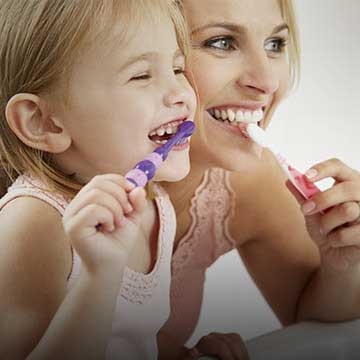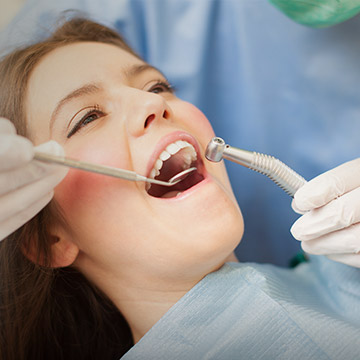As a parent, you want to do the right thing for your child. You know how important oral hygiene is, and you want to set your child up with good habits to maintain their oral health.
But when should those habits start? Should they start once your child has their first tooth? Or do you wait until a few teeth come in? Or is it best to start working on their oral hygiene as soon as they’re born?
Don’t worry; you’re not alone. These are questions practically every new parent asks.
The truth is, good oral hygiene should start for your child pretty much from day one. If you haven’t started implementing an oral hygiene routine for your child yet, don’t worry—it’s never too late to start.
Let’s talk about oral hygiene for babies and little kids, why it’s important, and how to get started.
Caring for Baby Teeth Is Crucial
There’s one major myth that some parents believe when it comes to dental care for children: baby teeth aren’t permanent, so they don’t need the same level of care as adult teeth. This could not be further from the truth.
A child’s baby teeth almost act as placeholders for their adult teeth. If a child loses a baby tooth prematurely due to damage or decay, it could change the way their permanent teeth are aligned, and may have a long-term impact on their bite.
Good oral hygiene habits are also a learned skill. Children who develop a good oral health routine early in life are more likely to maintain that routine in adulthood. Looking after your child’s teeth today may help keep their smile healthy throughout the rest of their life.
How to Brush Your Child’s Teeth
To brush your teeth properly, we need quite a bit of dexterity. Kids generally don’t develop the fine motor skills and attention to detail needed until they’re about 6. Until then, you will probably need to help them, or at least supervise the process.
Before They Have Teeth
Even before your child has their first teeth, you should clean their gums and the front of their tongue every day. The first few teeth can be sneaky—you may not know when they’re about to emerge. So keeping your child’s gums clean helps prevent bacterial buildup on the teeth when they eventually emerge.
You don’t need to worry about using any toothpaste. Simply take a clean, soft washcloth or piece of gauze, wet it with warm water, and wrap a small piece around the tip of your finger. Then, very lightly rub your child’s gums and the front of their tongue to loosen any bacteria. It’s best to do this at least once a day.
The First Few Teeth
Once your child has teeth, it’s time to start using a toothbrush and toothpaste. Bear in mind, an adult toothbrush could be harmful to your child. Instead, you’ll need to invest in a toothbrush that has no more than 3 rows of very soft bristles.
You don’t have to wait until your child’s teeth have fully emerged. Brush as much of the tooth as is visible at least twice per day. One of these brushing sessions should happen after their last meal and before they go to bed.
Remember, babies cannot spit, so you’ll need to use toothpaste sparingly. Most pediatric dentists recommend no more than the size of a grain of rice. As you brush your child’s teeth, try to position them so their head is slightly angled down. That way, the toothpaste will mostly dribble out of their mouth, preventing them from swallowing it.
3 to 5 Years Old
By the time your child is 3, they will most likely be able to spit. That means you can now start using a pea-sized amount of toothpaste. You should still spend at least 2 minutes brushing their teeth twice a day. Again, one of those sessions should happen before bedtime.
As your child gets older, they may become more resistant to having their teeth brushed. It’s okay for you to let them do a pass of their teeth on their own and then follow up by re-brushing them yourself. This may help your child feel a little more in control of the situation, which could help reduce resistance.
When Can Kids Start Brushing Their Own Teeth?
It’s pretty common for both parent and child to be eager for the child to start brushing their own teeth. After all, wrestling a toothbrush into a toddler’s mouth isn’t anyone’s favourite pastime. Still, it’s in your child’s best interest for you to brush their teeth for them until they have the dexterity and patience to brush their own teeth properly.
The age at which your child can start brushing their own teeth will very much depend on them. Some kids might be able to start brushing their own teeth as young as 6. Others may not be quite responsible enough until they’re 9.
Remember, the most important thing is that your child’s teeth get the attention they need. If your child can brush their teeth on their own at 6 years old, that’s great. If they need more support until they’re a little bit older, that’s completely fine too. As long as their teeth are clean, that’s what matters most.
Don’t Forget the Dental Exams
Just like brushing and flossing, regular cental exams and cleanings are absolutely essential to your child’s oral health. They can help ensure your child’s teeth are being brushed properly, discover any potential issues, and provide solutions to prevent those potential issues from becoming significant.
Your child’s first visit to the dentist should happen around the time their first tooth comes in or before their first birthday—whichever comes first. After that, your child should see the dentist twice a year unless you are told otherwise.
With the help and support of your child’s dental health team, you can ensure your child has lots to smile about throughout their entire life.


